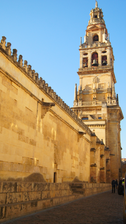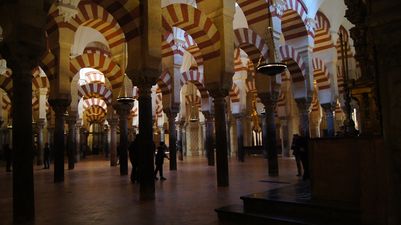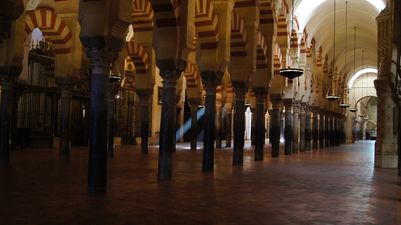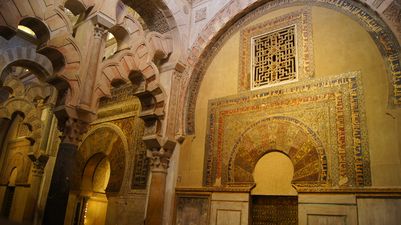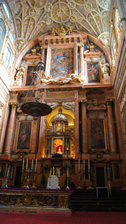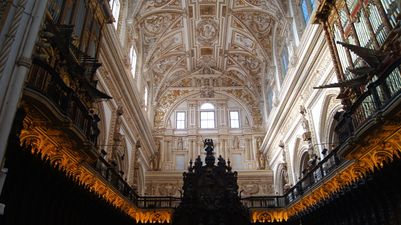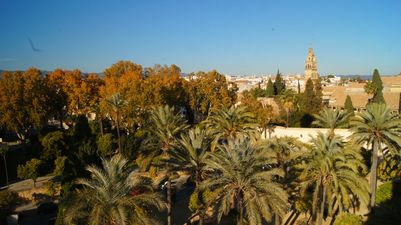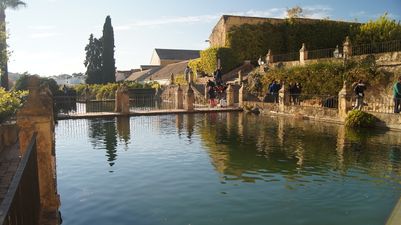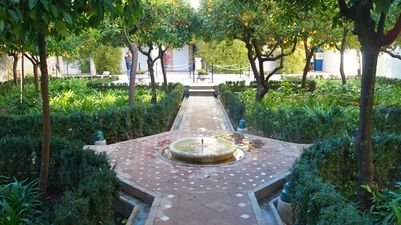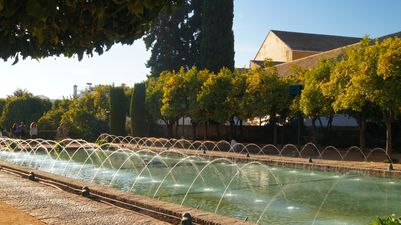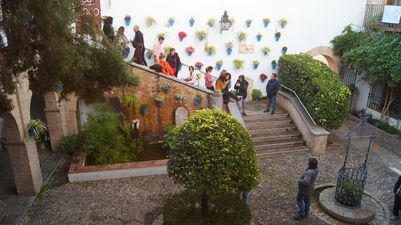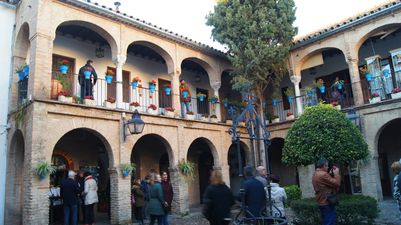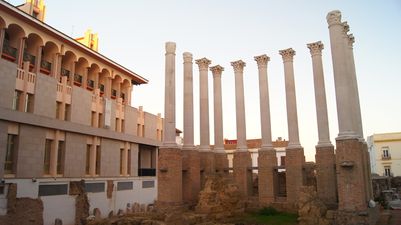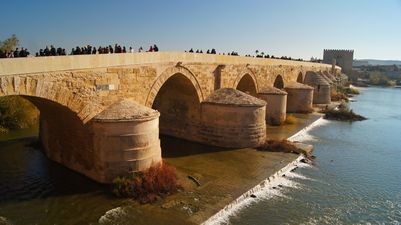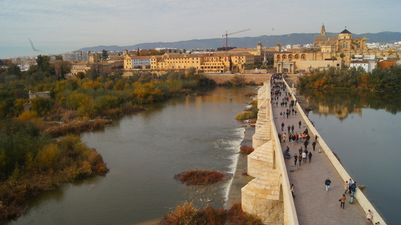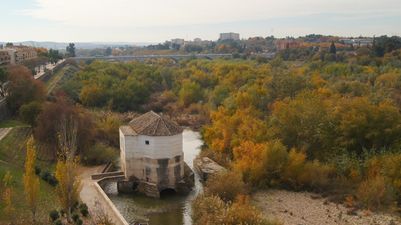Difference between revisions of "Cordoba (December 2017)"

m |
m |
||
| Line 12: | Line 12: | ||
<gallery mode="packed" widths=200px heights=150px> | <gallery mode="packed" widths=200px heights=150px> | ||
Image:Cordoba1. | Image:Cordoba1.png|Bell tower | ||
Image:Cordoba9.jpg|Double arches | Image:Cordoba9.jpg|Double arches | ||
Image:Cordoba10.jpg|Looking for illumination? | Image:Cordoba10.jpg|Looking for illumination? | ||
Image:Cordoba11.jpg|Prayers to Allah in arabic | Image:Cordoba11.jpg|Prayers to Allah in arabic | ||
Image:Cordoba12. | Image:Cordoba12.png|Catholic altar | ||
Image:Cordoba13.jpg|View of the choir | Image:Cordoba13.jpg|View of the choir | ||
</gallery> | </gallery> | ||
Latest revision as of 00:31, 17 December 2017
Cordoba (December 2017)
Cordoba is a city in Andalusia and, as Seville, it is located by the Guadalquivir river. The city was conquered in 711, a year before the conquest of Seville, and it became the capital city of the Cordoba caliphate, which was a subordinate of the Damascus caliphate, and later became the capital city of Al-Ándalus.
During the muslim rule, the city flourished as one of the cultural centres of the world: Within the city were performed translation of academic text from ancient greek to latin, arabic and hebrew. The University of Cordoba was the best in the world and in it the classes were imparted to everyone interested, regardless of the religious believes: muslims, jews and christians were taught together, yet another proof that religious coexistence is possible.
Mosque-Cathedral
The building was initially built by the moors as a Mosque and, for the time, the architectural style was quite innovative: The double arches joining the columns are one of the most original characteristics of the mosque. After the christian reconquest, the christians had the decency of not trowing the mosque down but modify it to house a cathedral: Of course, the cathedral part was made higher than the mosque one.
Alcazar
Cordoba's palace is also an Alcazar and its gardens are gorgeous. A repeated feature in the Andalusian gardens are small fountains connected to the sides of the garden through four paths. These paths symbolise the four elements, there are four sacred books in the Islam, and four was the number of known continents at the time most of the gardens were built.
